China’s great wall of ‘no-speak’ has crumbled at last ... so what happens now
The bilateral relationship has thankfully found some firm ground, but there can’t be a true reset under Xi. China has entered a new era and there’s no going back.
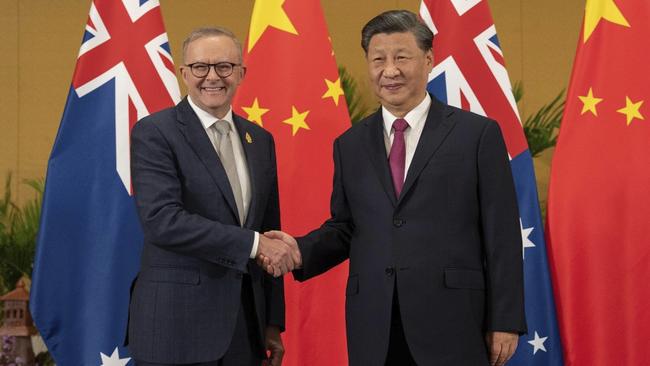
More in sorrow, then, than in anger. One might be forgiven for wondering where these difficulties came from, that included the attempted rectification of Australia through the 14 Grievances, the trade sanctions on Australian sales of cotton, barley, wine, lobsters, beef and some coal, the mysterious jailing of Cheng Lei and Yang Hengjun, and the no-speak years between government ministers on both sides.
But what matters most is to look around, now that the relationship – which for a while appeared to be in free-fall – has found some firm ground, and check what’s possible and what’s desirable.
The groundwork was done, patiently and persistently, by Foreign Minister Penny Wong and the new top Chinese foreign affairs official Wang Yi, and by the relevant ambassadors Graham Fletcher and Xiao Qian.
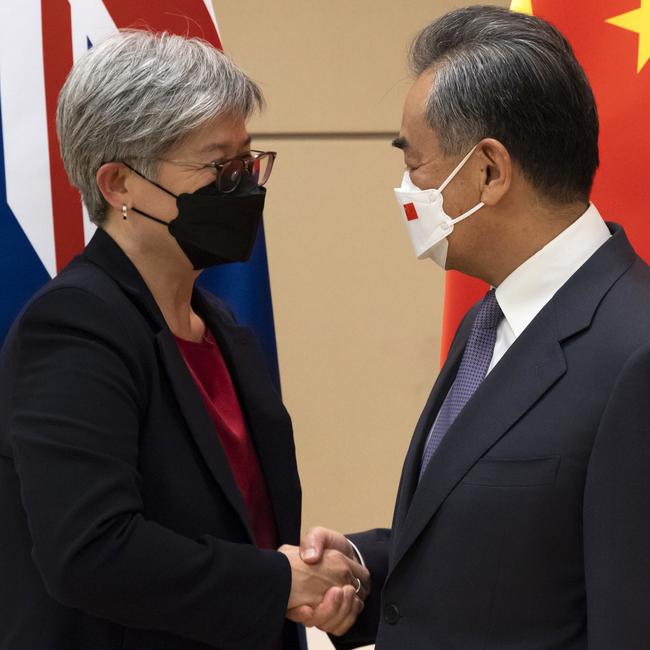
Anthony Albanese insisted, also in Bali, that while “our bilateral relationship is an important one” – massively more comprehensive than the relationship Australia ever had with the last great communist power, the USSR – “Australia won’t resile from our interests or our values”.
Both important, and a point well understood and supported by the broad Australian population, which has become increasingly wary of the Chinese party-state.
Those bounds of interests and values also apply, certainly no less, on the Chinese side, with Xi stressing in his work report to the recent 20th Communist Party Congress that “the rejuvenation of the Chinese nation is now on an irreversible historical course”, adding: “Let us harness our indomitable fighting spirit to open up new horizons for our cause.”
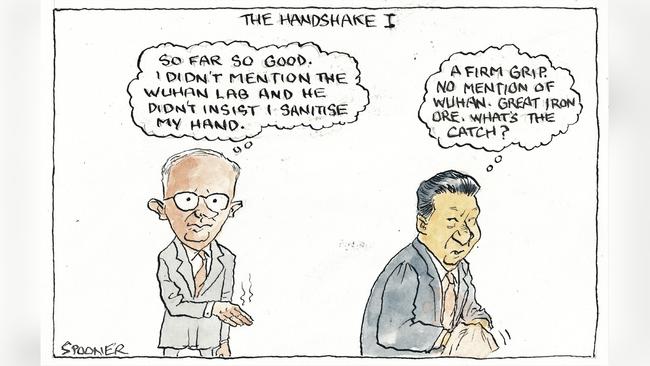
But there remain nevertheless, substantial possibilities for restoring sensible relations between people, between companies, and between officials.
The meeting of Xi and Albanese was the chief precondition for the stabilisation of the relationship, so that a degree of business-as-usual can be restored.
This is not the same as “a tremendous reset”, as Business Council of Australia chief executive Jennifer Westacott described it, in understandable over-enthusiasm. There cannot be a true reset, since the People’s Republic of China has changed so swiftly in the past few years under Xi and his ubiquitous Thought on Socialism with Chinese Characteristics for a New Era. This is indeed a new era in China; there’s no going back.
But, crucially, messaging comes decidedly from the top in China. The 97 million cadres who run – in effect, own – the country look to their general secretary for fundamental guidance and example. Now that Xi has met Albanese, there is no substantial reason to prevent their meeting Australian counterparts in all walks of life.
Albanese described the meeting as an important step, adding that “there are many steps we are yet to take”.
Whether those steps are taken, or how many, depends on the quality of the connections at all levels from here on. Senior Chinese officials have talked, since the election of the Labor government in May, of meeting each other “half way.” Wong has similarly spoken of the US and China needing to find a “settling point” in their prickly relationship.
It’s not clear where to find such mid or settling points, but Chinese officials have elaborated that rather than puzzling over a road map of policies or claimed hurts, it’s more a matter of facing and stepping towards each other, so we’re moving in the same direction. Even this apparently modest aim might prove at least initially elusive, given the continuing combative nature of public rhetoric, not least on the Chinese side, and the clear difference in aims between free and open societies and the closely curated world of contemporary socialist China.
But we can now expect that the range of regular, formal meetings between Chinese and Australian ministers will be restored, and that our outstanding ambassador will be free to meet once more the full range of Chinese counterparts, as his counterpart in Canberra has been able to do since his arrival at the start of this year.
Such meetings should frame areas where the countries can work together, and set programs to do so, while putting to one side areas where we must simply agree to continue disagreeing.
Thank goodness – and commonsense and some hard work by politicians and diplomats, combined perhaps with a degree of sheer exhaustion from having to evoke constant “fighting spirit” on the Chinese side – the debilitating era of no-speak is over, just in time for a modest toast to the 50th anniversary, on December 21, of this sometimes fraught but immensely important relationship.
Rowan Callick is an industry fellow at Griffith University’s Asia Institute.


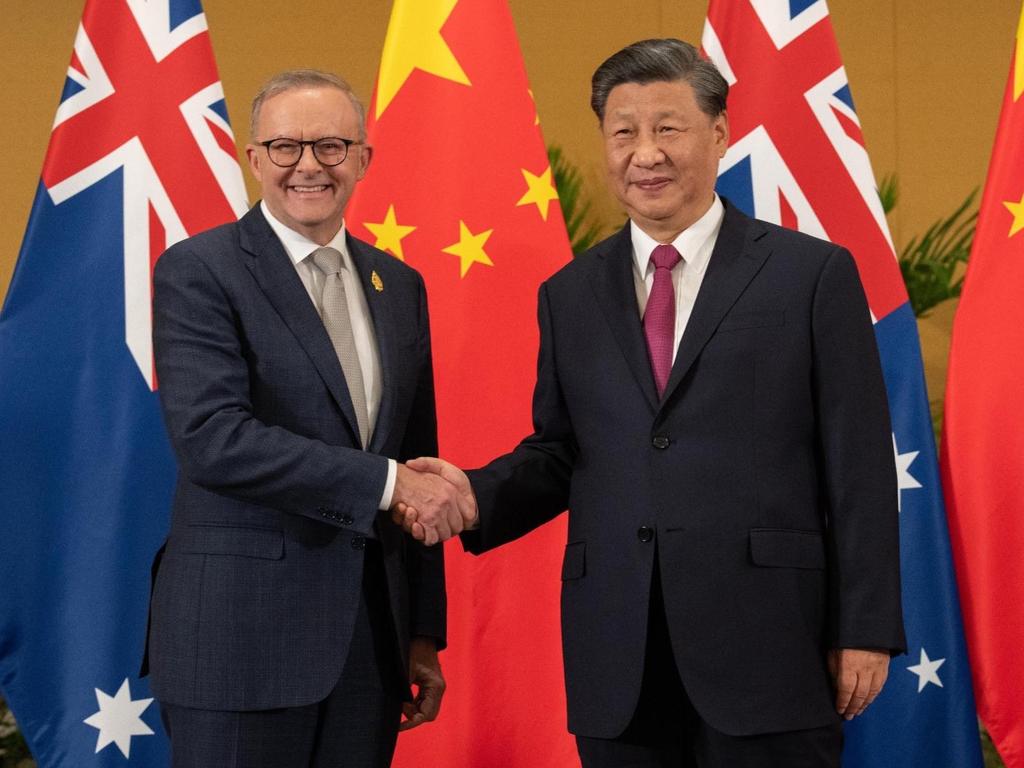
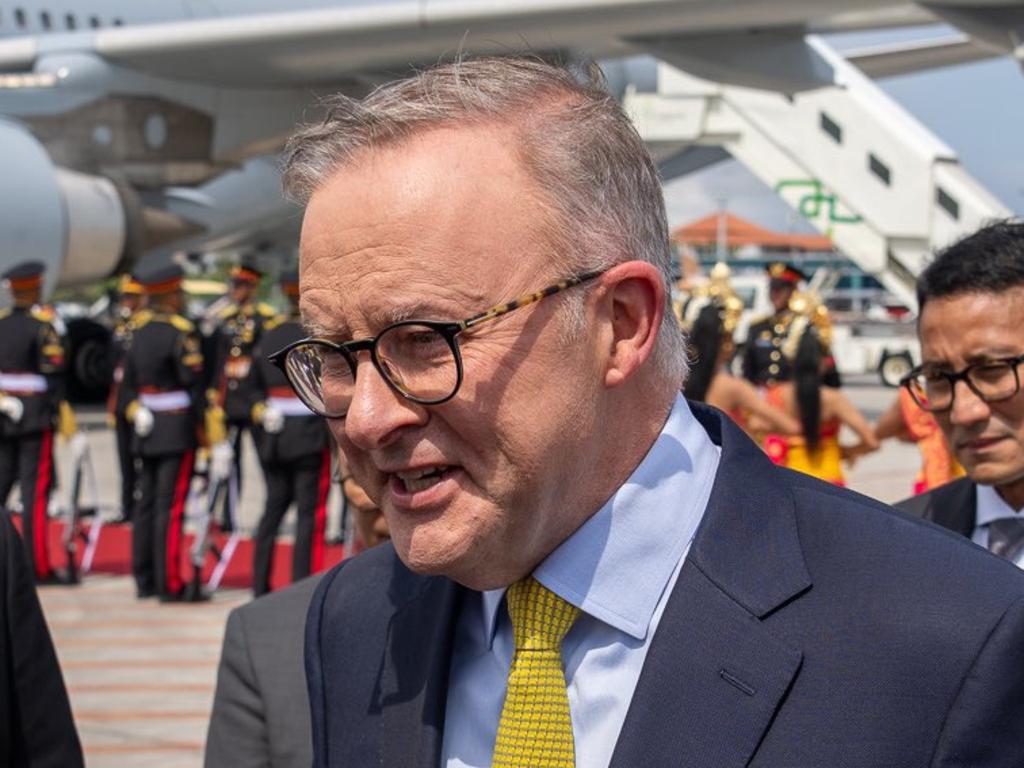
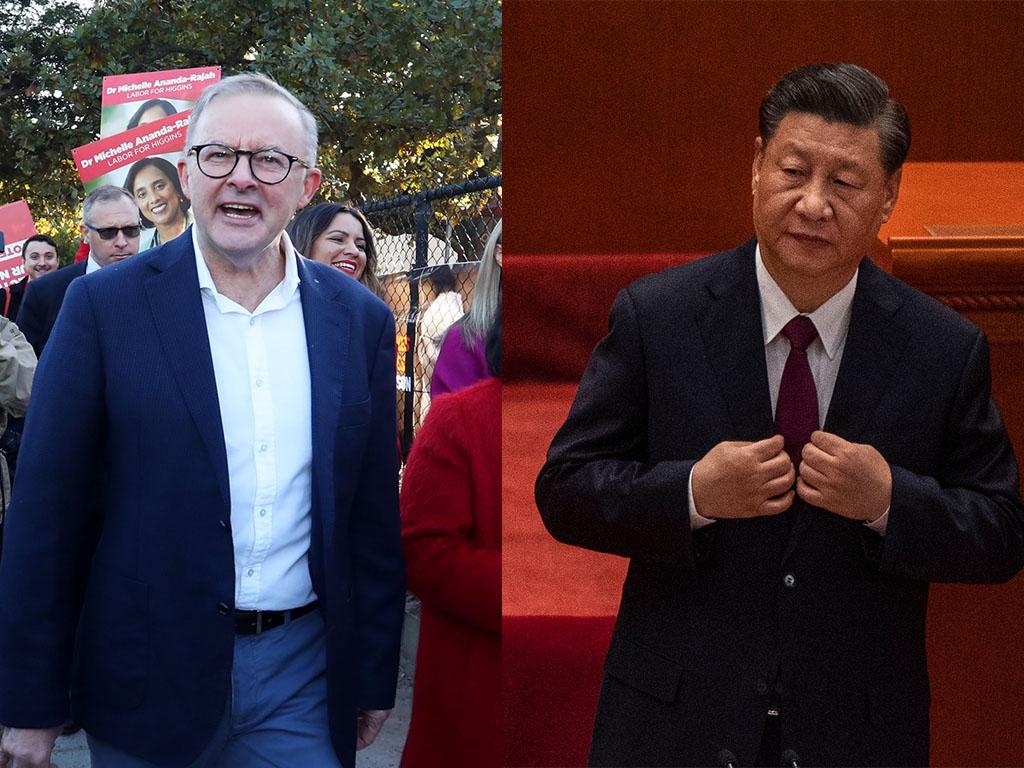



Xi Jinping, the leader of the People’s Republic of China, said about Australia on Tuesday evening while in Bali, as if describing a misunderstanding caused by a poor translation: “In the past few years, this relationship has encountered difficulties, which is the last thing we want to see.”